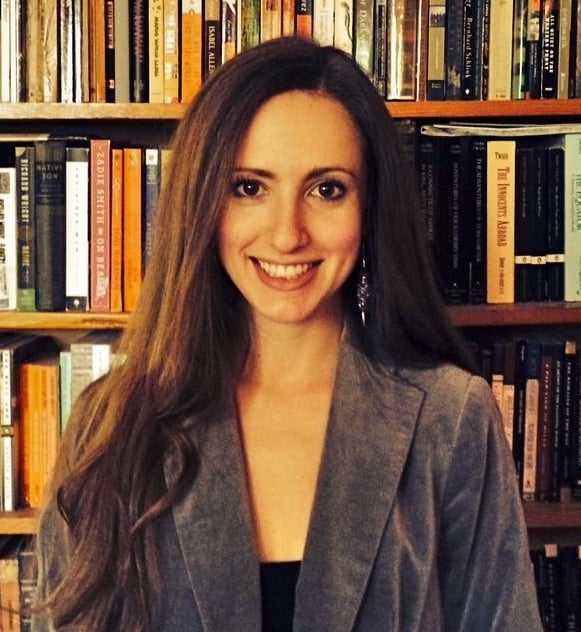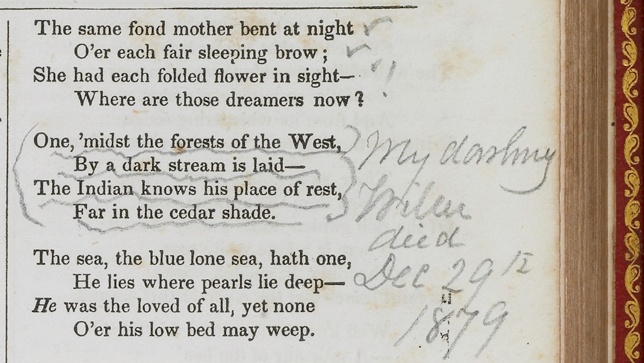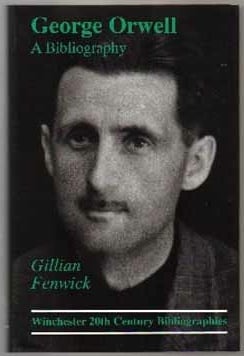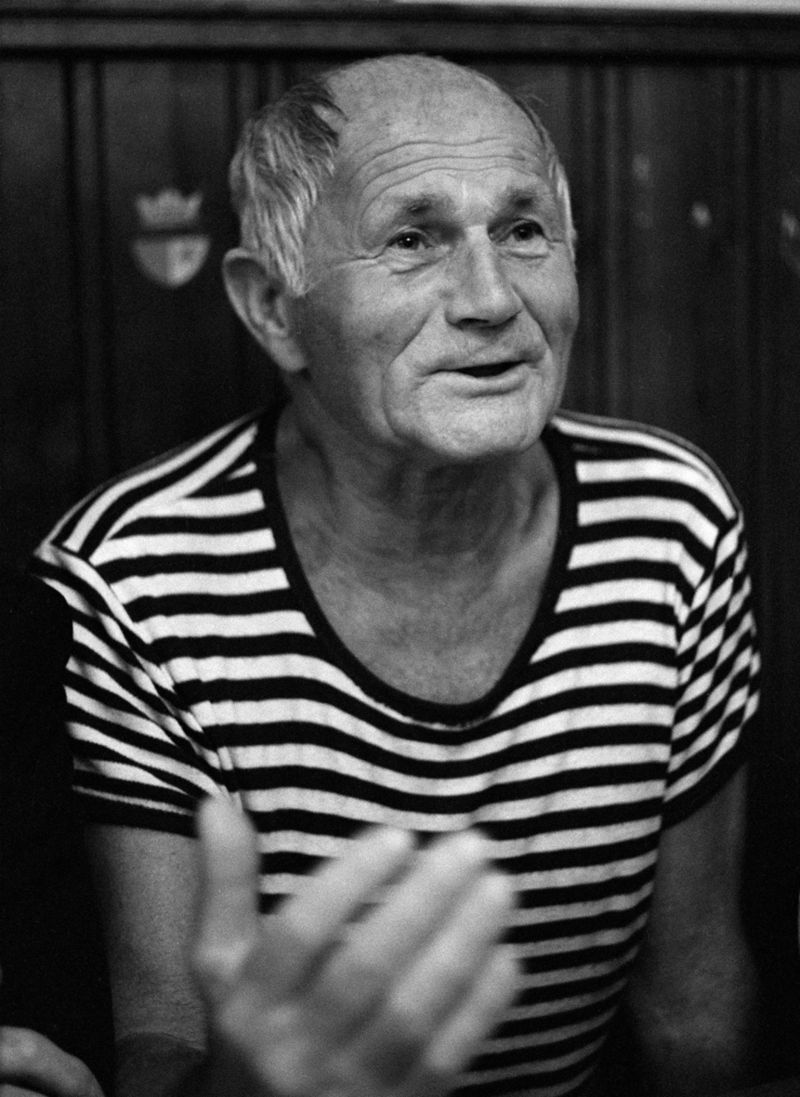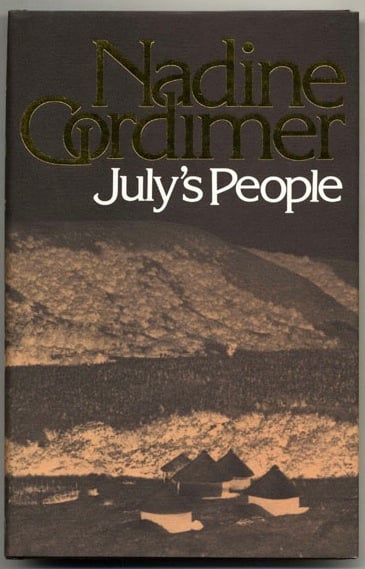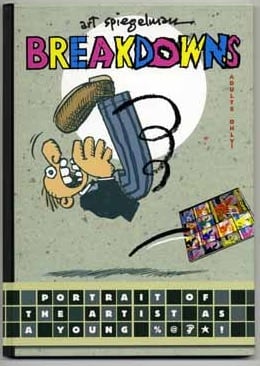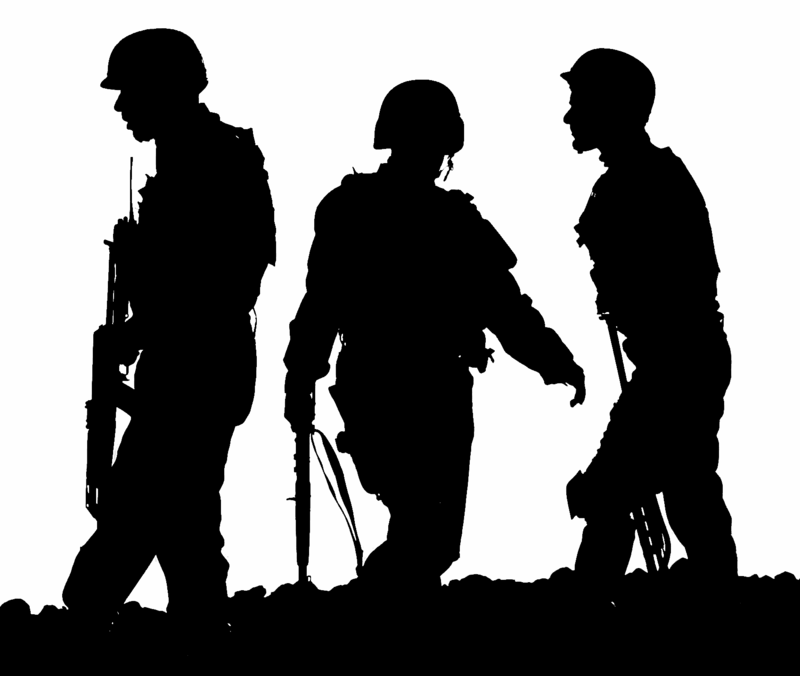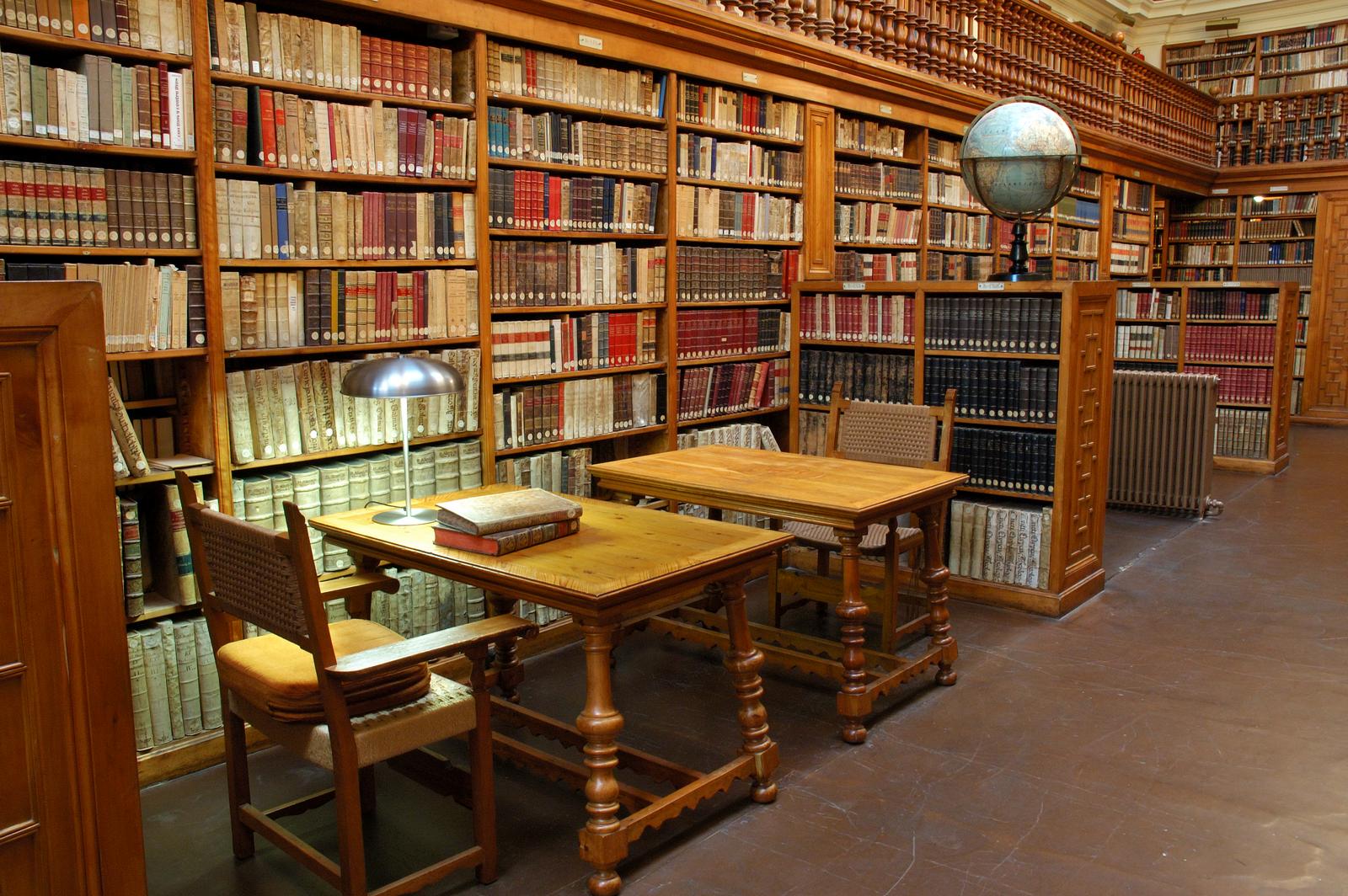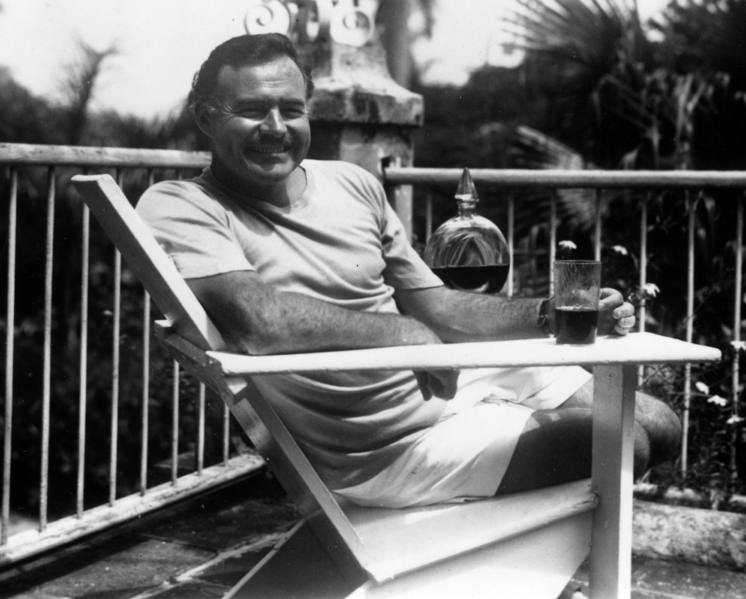There’s an exciting new project at the University of Virginia that highlights the significance of the book as a physical object and the individual histories of library books. At a moment in which the physicality of university libraries (and others across the country) are under threat of depletion due to the looming presence of the electronic text, we couldn’t imagine a more compelling project than Book Traces. It’s a crowd-sourced web project sponsored by NINES at the University of Virginia, and it’s led by Andrew Stauffer, a professor of 19th-century literature at UVA. We had a chance to catch up with Professor Stauffer to ask some questions about the origins, current uses, and futures of Book Traces.
us toll free: 1-800-948-5563 international: +1 (843) 849-0283 UK: +44 (0) 1334 260018




